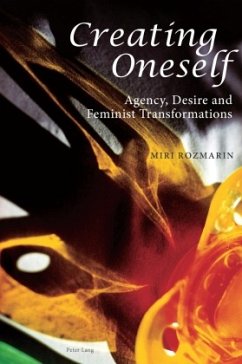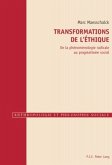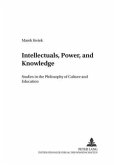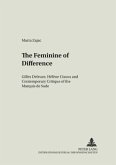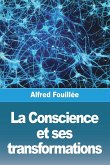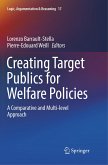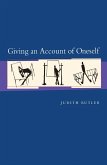The question of individual agency lies at the heart of any political and social theory aiming to analyse the social conditions that shape reality. Drawing mainly on the works of Luce Irigaray, Judith Butler, Michel Foucault and Gilles Deleuze, this book endeavours to provide an account of agency as a mode of life in which social transformation and personal transformation meet and influence one another.
The book describes the shortcomings of associating agency with resisting social norms or institutions, arguing that agency, as a way of life, is a dynamic of self-creation inspired by a horizon of well-being. As part of this new account of agency the book re-evaluates several key concepts, thus far under-theorized in poststructural theory. First, it addresses the question of how we might understand well-being within a post-modern framework. Second, it presents a notion of 'desire to be', designating the motivational force that drives people to act in order to create a different world. And finally, it addresses the question of how a life of transformative political practices might constitute a sense of identity, both individual and collective.
The book describes the shortcomings of associating agency with resisting social norms or institutions, arguing that agency, as a way of life, is a dynamic of self-creation inspired by a horizon of well-being. As part of this new account of agency the book re-evaluates several key concepts, thus far under-theorized in poststructural theory. First, it addresses the question of how we might understand well-being within a post-modern framework. Second, it presents a notion of 'desire to be', designating the motivational force that drives people to act in order to create a different world. And finally, it addresses the question of how a life of transformative political practices might constitute a sense of identity, both individual and collective.

